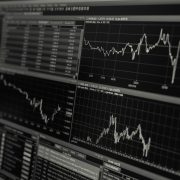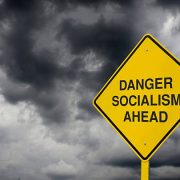From “Liberalism, Old Style,” a 1955 essay by Milton Friedman :
The state exists to protect individuals from coercion by other individuals or groups and to widen the range within which individuals can exercise their freedom; it is purely instrumental and has no significance in and of itself. Society is a collection of individuals and the whole is no greater than the sum of its parts. The ultimate values are the values of the individuals who form the society; there are no superindividual values or ends. Nations may be convenient administrative units; nationalism is an alien creed.
Liberalism takes freedom of the individual—really, of the family—as its ultimate value. It conceives of man as a responsible individual who is egocentric, in the sense not of being selfish or self-centered but rather of placing greater reliance on his own values than those of his neighbors. It takes as the major problem of modern society the achievement of liberty and individual responsibility in a world that requires co-ordination of many of millions of people in production to make full use of modern knowledge and technology. The challenge is to reconcile individual freedom with widespread interdependence.
The liberal answer derives from the elementary—yet even today little understood—proposition that both sides to an economic transaction can benefit from it; that a gain to a purchaser need not be at the expense of a loss to the seller. If the transaction is voluntary and informed, both sides benefit; the buyers gets something he values more than whatever he gives up, and so does the seller. In consequence, voluntary exchange is a way to get cooperation among individuals without coercion. The reliance on voluntary exchange, which means on a free market mechanism, is thus central to the liberal creed.













